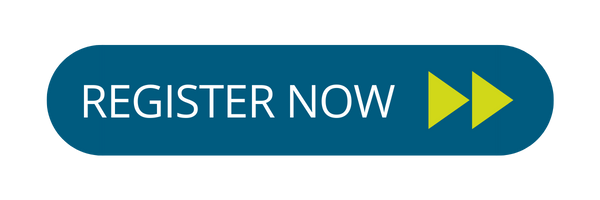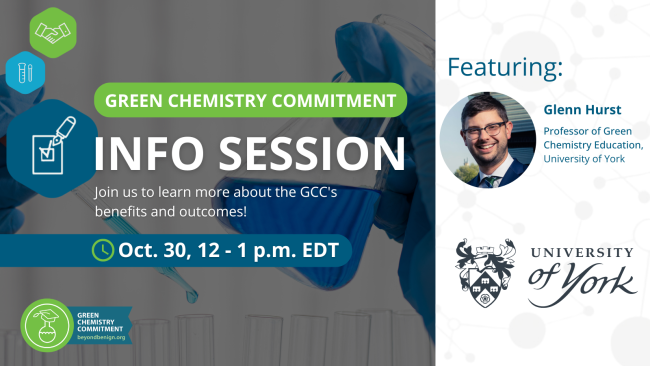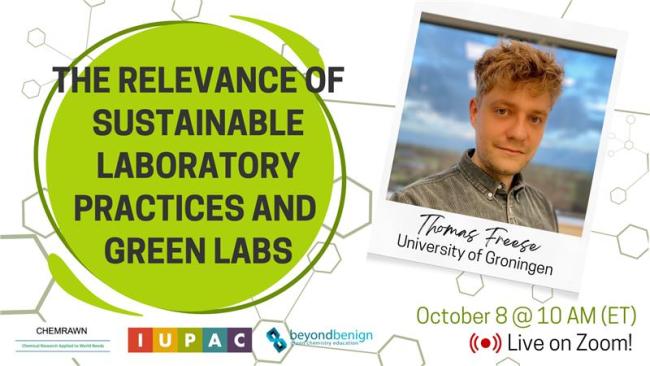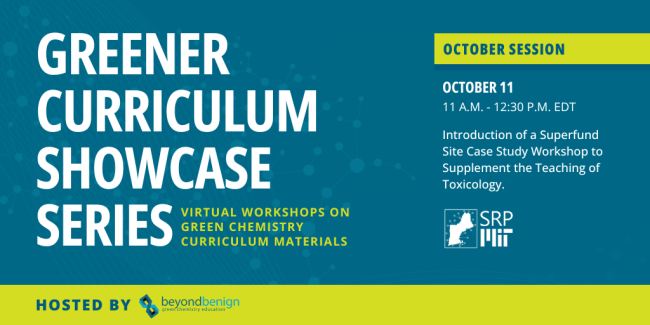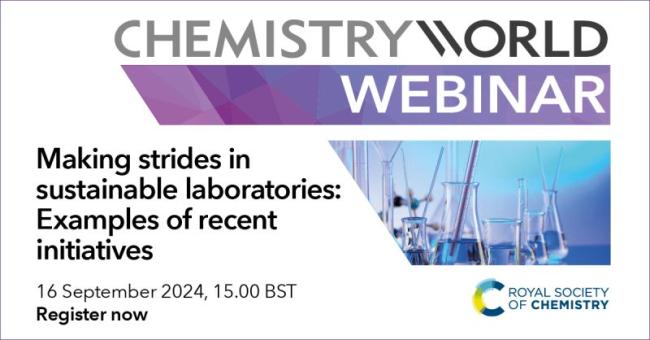Greener Curriculum Showcase Series: Exploring Sustainable Practices and the Drive for Greener Innovations - A case study in Metal Plating

Event Description
This free, virtual workshop is designed to help educators effectively adapt and implement a new case study that examines the various considerations and factors driving greener innovations in the metal plating industry. One of the primary chemicals used in this sector is PFAS, which acts as a fume suppressant to control chromic acid mist during the chrome plating process. While PFAS reduces exposure to the known health hazard of hexavalent chromium, its health and environmental impacts raise significant concerns, underscoring the need for greener alternatives.
The case study focuses on the design of a new non-PFAS, non-PFOS fume suppressant, applying the 12 principles of green chemistry. It explores the implementation of this greener product in real-world applications within the metal plating industry.
This resource is ideal for educators seeking to enhance their curriculum with real-world applications that align with the academic and professional guidelines for undergraduate programs, such as those set by the American Chemical Society. Participants will learn effective strategies for using the case study to illustrate to their students the critical interplay of chemical, environmental health, regulatory, and business considerations in the design of chemical products and processes, fostering a deeper understanding of the factors influencing greener innovations.
During the 1.5-hour session, facilitators will guide participants through the resources, offer practical strategies for adaptation and implementation, and create opportunities for educators to share insights. The workshop will feature group-based learning, discussions, networking opportunities, and a Q&A session. Don't miss this opportunity to expand your teaching toolkit, engage with peers, and inspire the next generation of green chemists.
Workshop Goals:
- Educate participants on the interplay of the different factors influencing greener innovations including chemical, environmental health, business and regulatory considerations
- Guide participants on practical approaches to effectively incorporate the case study materials into their curriculum.
- Empower participants to adapt and implement the case study resources and expand their professional network.
United States


